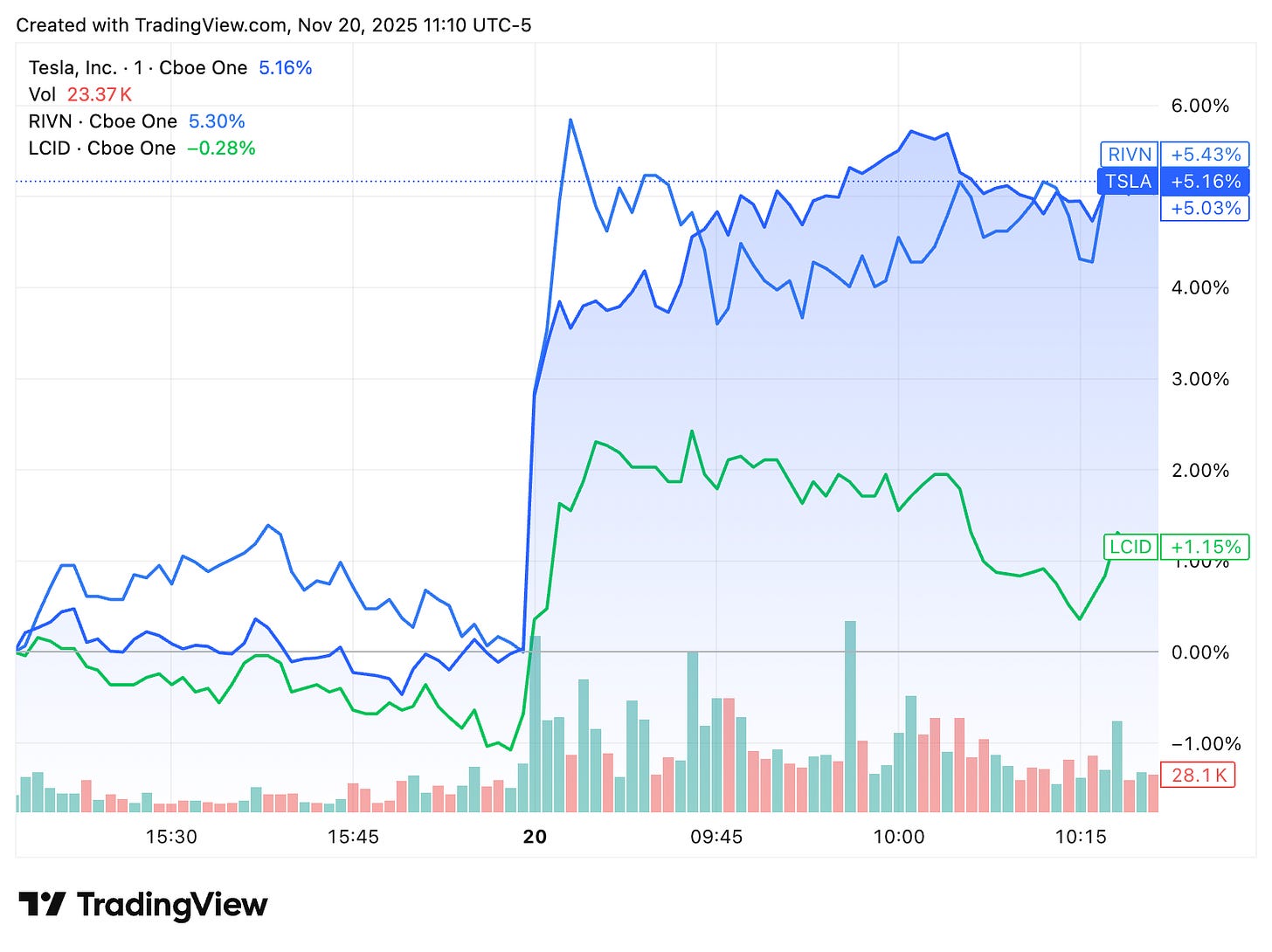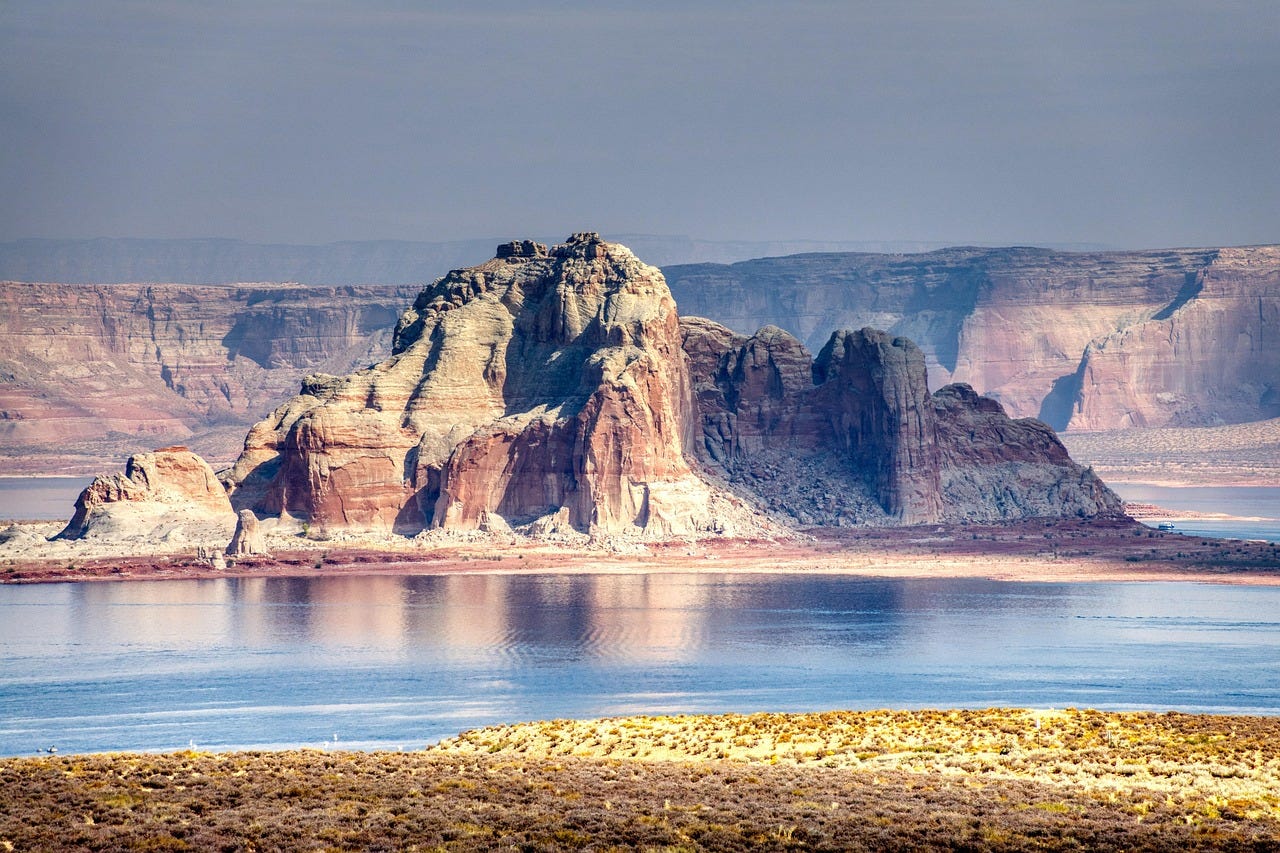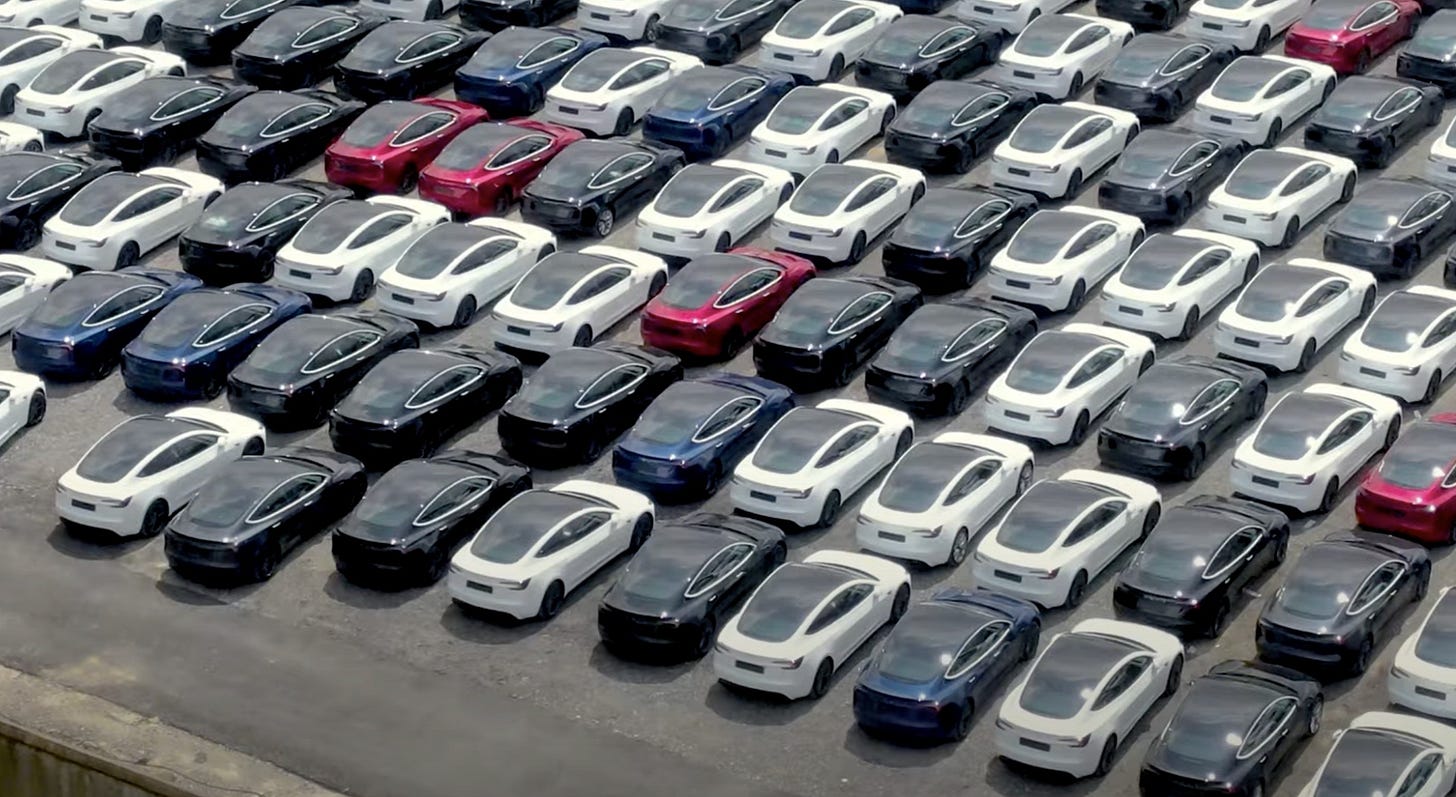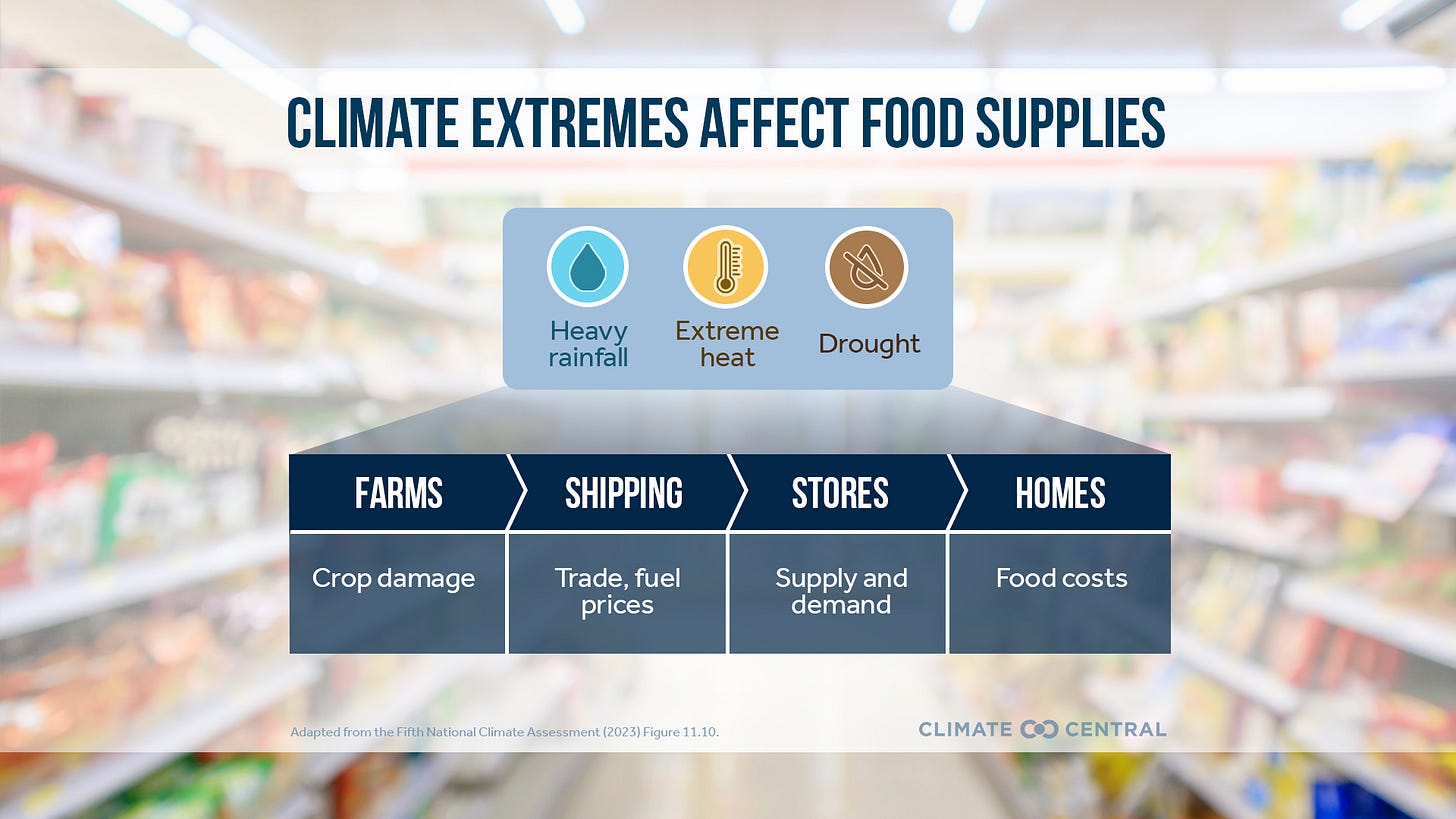Electric vehicle stocks ride wave of Q3 sales - for now
Welcome to Callaway Climate Insights, your daily guide to global climate finance. Was this newsletter sent to you? Please enjoy and subscribe.
Today’s edition of Callaway Climate Insights is free for all our readers. We really want to bring you the best and latest in climate finance from around the world. Please subscribe now.

Electric vehicle stocks surged Thursday morning as the post-Nvidia (NVDA) earnings rally lifted all green boats, but also in response to record sales last quarter before federal subsidies expired.
Shares of Tesla (TSLA), Rivian (RIVN) and Lucid (LCID) were all higher as the market enjoyed a brief rebound from its bout of AI angst in the previous two weeks. The major indexes lost steam by midday Thursday, however, dragging on Tesla and Lucid. But Rivian held onto gains.
EV sales surged 32% to a record in Q3, to some $31 billion, before the subsidy cuts by the White House kicked in on Sept. 30, according to a report by Rhodium and MIT. But an early glance at October EV sales by Cox Automotive showed they plunged by half after the subsidies expired.
It will take a few months before sales return to a normal trend line but if the earnings of Rivian and Lucid are anything to go by, the pipeline is likely stronger than the October selloff indicated.
Subsidies of $7500 were only a small part of the packages these high-end EV makers offer, after all. Consumers rarely make a decision like buying a car just for a one-time tax break. These buyers were going to buy anyway. They just front loaded into September to catch the extra savings.
On a day like today, when many stocks move up and down in packs, it’s hard to tell the difference. But when the AI fog clears the case for these EV makers going into the holidays is likely stronger than most people are giving it credit for right now.
Don’t forget to contact me directly if you have suggestions or ideas at dcallaway@callawayclimateinsights.com.
Follow us . . . .
Twitter | LinkedIn | Facebook | Instagram
Zeus: Missed Colorado water deadline could lead to Trump ruling
. . . . The seven Western states that share the water rights to the rapidly shrinking Colorado River could face a decision by the Trump administration on who gets what if they don’t agree to voluntary cuts by the end of the year, writes David Callaway. While any decision would likely be taken to the Supreme Court, California and Arizona are especially vulnerable to the White House making politics out of the decision. At some point, with the river having lost 20% of its water flow in the past quarter century, some sacrifices will have to be made between the 40 million people who use the river for drinking water and the farmers who need it to irrigate their crops. Don’t imagine California wants President Donald Trump making that decision. . . .
Thursday’s subscriber insights
Injunction blocks California climate risk reporting rule
. . . . Just hours after we reported that the U.S. Chamber of Commerce asked the Supreme Court to halt California’s impending climate reporting rules, an appeals court stepped in with an emergency injunction to temporarily pause one of them.
The injunction would prevent a rule requiring large companies doing business in and with California to report on climate risks to their operations from taking effect in January. A separate rule requiring them to report direct and indirect emissions starting later in the year was left intact — for now.
The appeals court is expected to take up both rules in January but the chamber had worried that would not be soon enough to prevent the first rule from taking effect, so it asked for the high court to step in, which is now moot.
The injunction is a blow to climate investors who regard transparency on climate risks and emissions as valuable in determining a company’s future prospects and potential costs.
It also shows just how desperate the business lobby is to prevent investors from knowing just how dirty its constituents are, or how exposed to climate risks.
Editor’s picks: Pope calls for climate action; plus, suit filed over Gulf leases
Watch the video: Pope Leo XIV is calling for urgent climate action, saying God’s creation “is crying out in floods, droughts, storms and relentless heat.” In a video message, the Chicago-born pope urged countries at the COP30 United Nations climate talks in Brazil to take concrete actions. CBS News reports.
Environmentalists sue over oil and gas lease plan
Environmental groups this week sued the Trump administration over a plan to sell oil and gas leases in the Gulf of Mexico. The New York Times reports the groups say the sale violates a core environmental law and threatens coastal communities and endangered whales. The lawsuit, filed in the U.S. District Court for the District of Columbia, said the government failed to conduct reviews required by the National Environmental Policy Act (NEPA). Federal officials say they won’t follow the NEPA guidelines and have instead performed their own assessment. The lawsuit cites the 2010 explosion of the Deepwater Horizon rig in the Gulf. It argues that millions of people who live on the Gulf Coast depend on the waters for fishing, tourism and recreation, and that they would face harm from the oil and gas operations.
Latest findings: New research, studies and projects
How climate extremes impact food supplies and cost
The availability, quality and affordability of food reflect a complex set of climatic and socioeconomic factors. Emerging research is providing insight into the role of climate change, Climate Central reports in a new project titled Climate Change and Food Prices. A recent study suggests that projected warming by 2035 would drive food price inflation in North America up by 1.4 to 1.8 percentage-points per-year on average. The report notes there are also examples of short-term price spikes in coffee, cocoa, California vegetables, and Florida oranges following exceptional heat, drought, and heavy rainfall in recent years.
Food and climate change are closely linked. According to the report, food accounts for about one-quarter of all human-caused heat-trapping pollution. Meanwhile, extreme events fueled by our warming climate are impacting every stage of the food supply chain and driving food prices higher. “Food prices affect everyone — from farmers’ profit margins to consumers’ grocery bills or access to food. Climate change is one of several growing risks to food security and health, especially for the millions of people who already don’t have enough,” the report says.

Words to live by . . . .
“As the age of warnings gives way to the age of consequences, humanity confronts a profound truth: Climate adaptation is no longer a choice that follows mitigation; it is the first half of our survival.” — André Aranha Correa do Lago, COP30 president.





Nice to see a story about how climate extremes affect food supplies and cost. No, really? I thought that was the whole point of the climate crisis, there will be less, if not no, food. Yes, in the long run, I believe that is the future, and the long run gets closer every day.